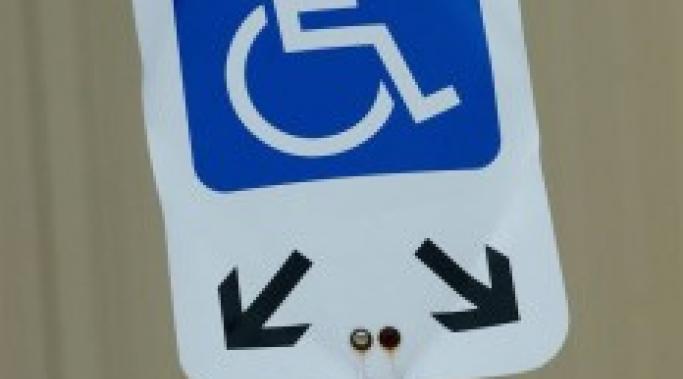Bipolar symptoms can get out of control and sometimes we need to consider safety tips for bipolar. These safety tips can apply during a bipolar mania, hypomania or depression. When we implement a series of these bipolar safety tips, I call it being on a self-imposed “bipolar lockdown.”
Impact of Bipolar
Have you ever heard of mental illness being a cause of death? Cause of death: schizophrenia or cause of death: bipolar or cause of death: anorexia? No? Me neither. That’s in spite of the fact that for some mental illnesses, like depression and bipolar, suicide attempts are an actual symptom of the illness. In other words, if a person dies by suicide and they’re bipolar, really, the cause of death is bipolar. So why don’t we popularly recognize mental illness as a cause of death?
In my history with bipolar disorder I have experienced many sleep problems. Typically, I can’t get to sleep at night and require sleep medication nightly to induce sleep. And while, historically, I have slept through the night after this medication, more recently, I’ve had trouble with mid-night awakenings. And I consider bipolar wellness to be highly correlated with sleep duration and quality. So what is the deal with sleep and bipolar anyway?
I think it’s hard to have healthy self-esteem when you have bipolar. Sure, you can have grandiose self-esteem when you’re manic or hypomanic but that’s not the self-esteem you carry with you into everyday life, nor is it particularly healthy self-esteem. No, I think people with bipolar have low self-esteem because of their illnesses.
Dating with bipolar disorder can be tricky for so many reasons. You’ve got a bipolar routine to maintain, emotions to keep in check and a massive elephant in the room that you will have to deal with at some point. This evening I will be having a first date. And I have a fear of dating with bipolar disorder.
One of the horrific aspects of suicide is how helpless other people are to stop someone who truly wants to die. I have said before and I will say again that even one suicide is too many and we all have to work together to end the rash of suicides that affect so many of our youth (among others). But one hard truth that we have to accept is that we are really helpless when it comes to one person’s individual suicide.
I don’t really go around shouting the fact that I am disabled. I have an invisible disability so I suppose that affords me the luxury of not having people know. But, in fact, severe bipolar disorder is a disability. Ask anyone who lives with it. They will tell you how disabling it is. It’s horrendous. And, in Canada, we have a disability tax credit. It’s supposed to making working a little bit easier for people with a disability. Well, I have a disability and I was denied the disability tax credit.
My father was a drunk. My father was a fall-down, blackout, greet-people-at-the-door-in-your-underwear kind of drunk. He was not a man who wanted kids. He was a man that had little to do with me. And he was a man with bipolar disorder.
On Monday, I was told that my kitty – one of my best friends – has less than a month to live thanks to a tumor in his belly. He went from a clean bill of health in September to now, soon-to-be euthanized, in November. I’m gutted; I’m grieving; and because I have bipolar disorder, I have extra problems to worry about.
For many people with bipolar disorder, there comes a point where they look at their lives and realize: their lives are so messed up. Often employment, family, friends, hobbies, financial welfare and many other things have been harmed by an uncontrolled mental illness. I often hear from people in times like these and they want to throw up their hands and just give up. I can understand this. Sometimes a mess seems so big that we will never clean it up. But I’m here to tell you that no matter how messy your life may be, you can make it better.








